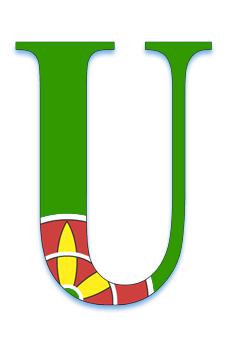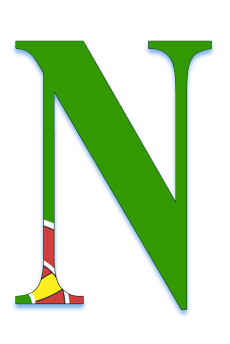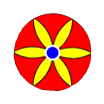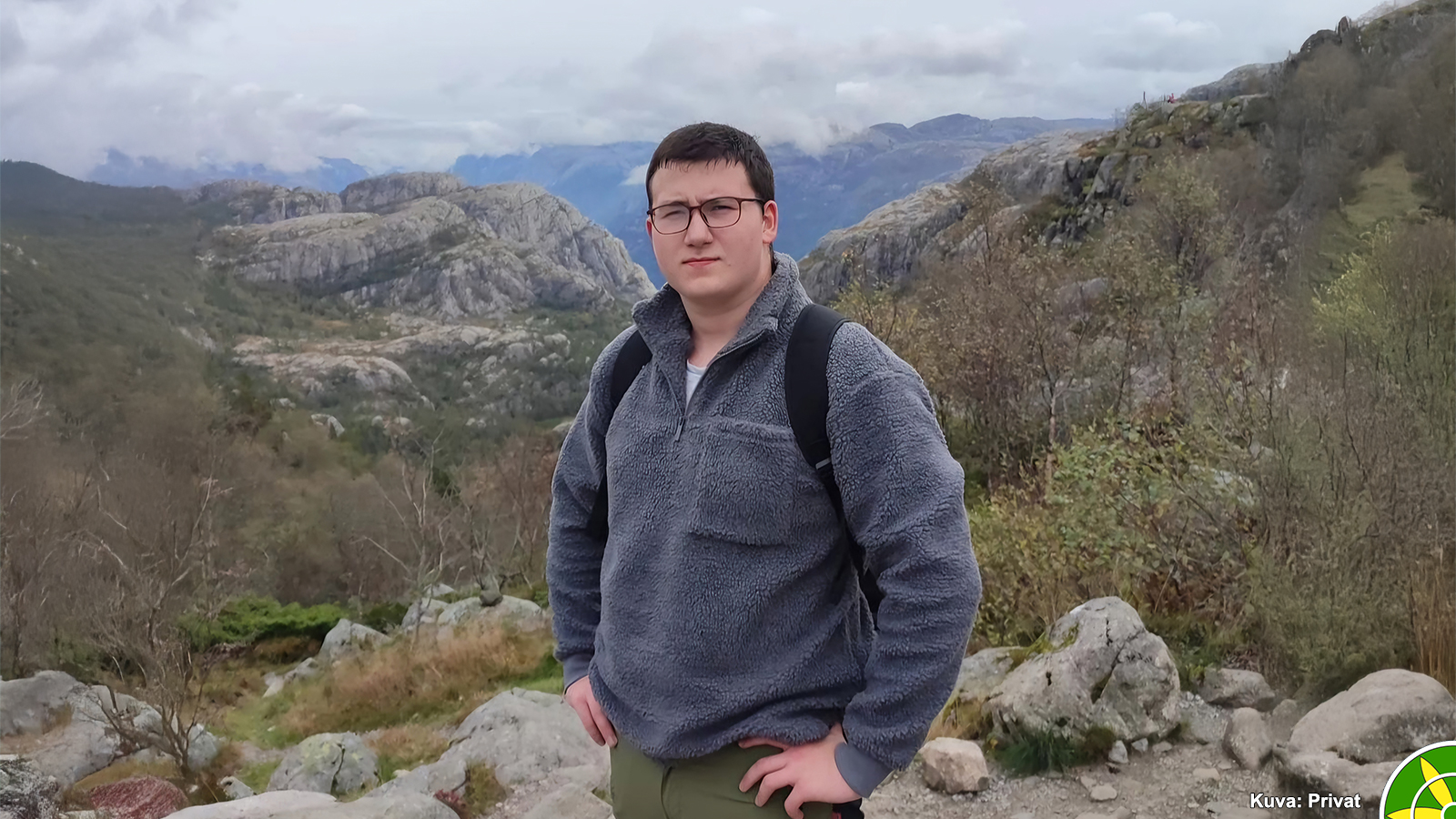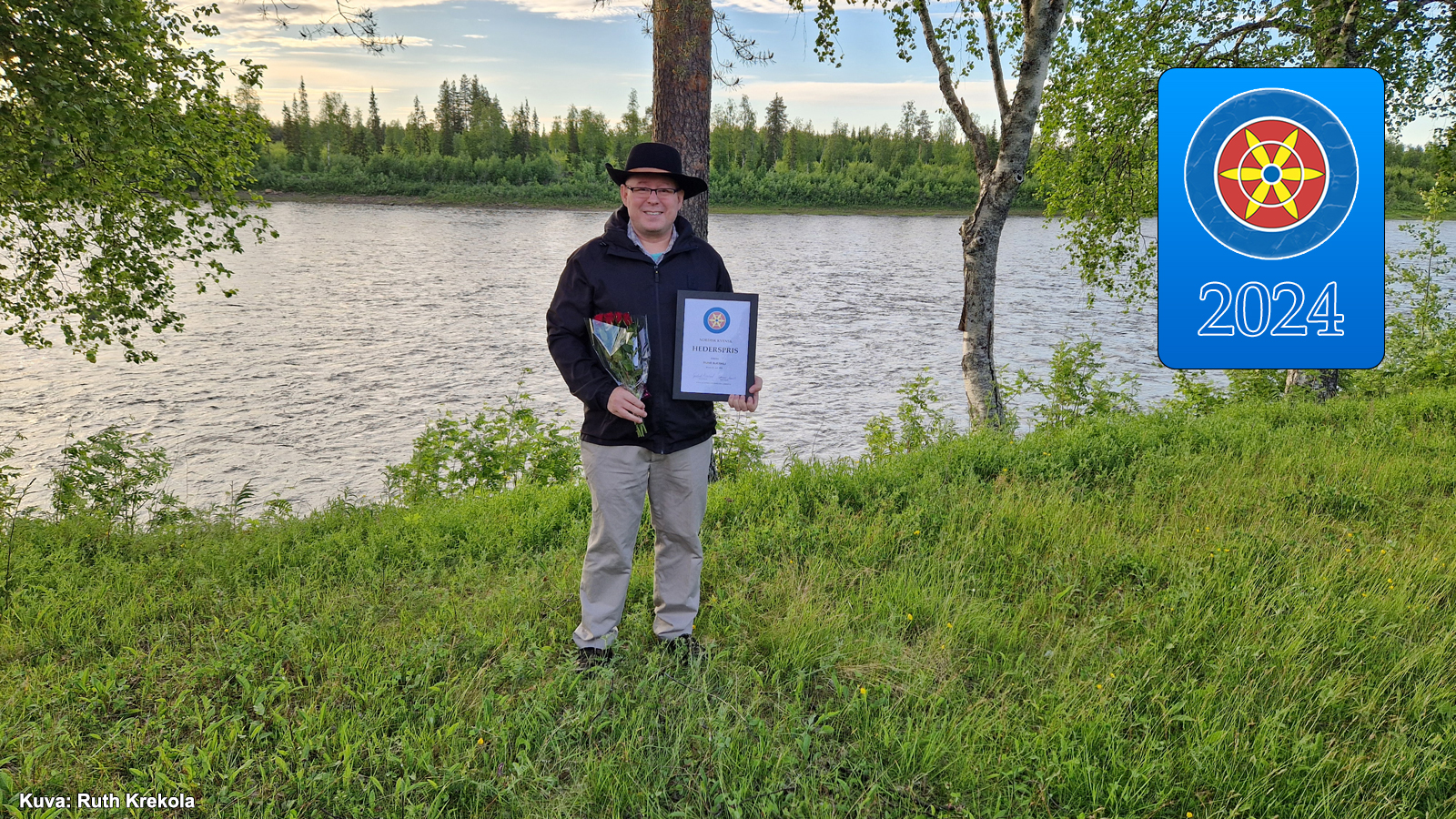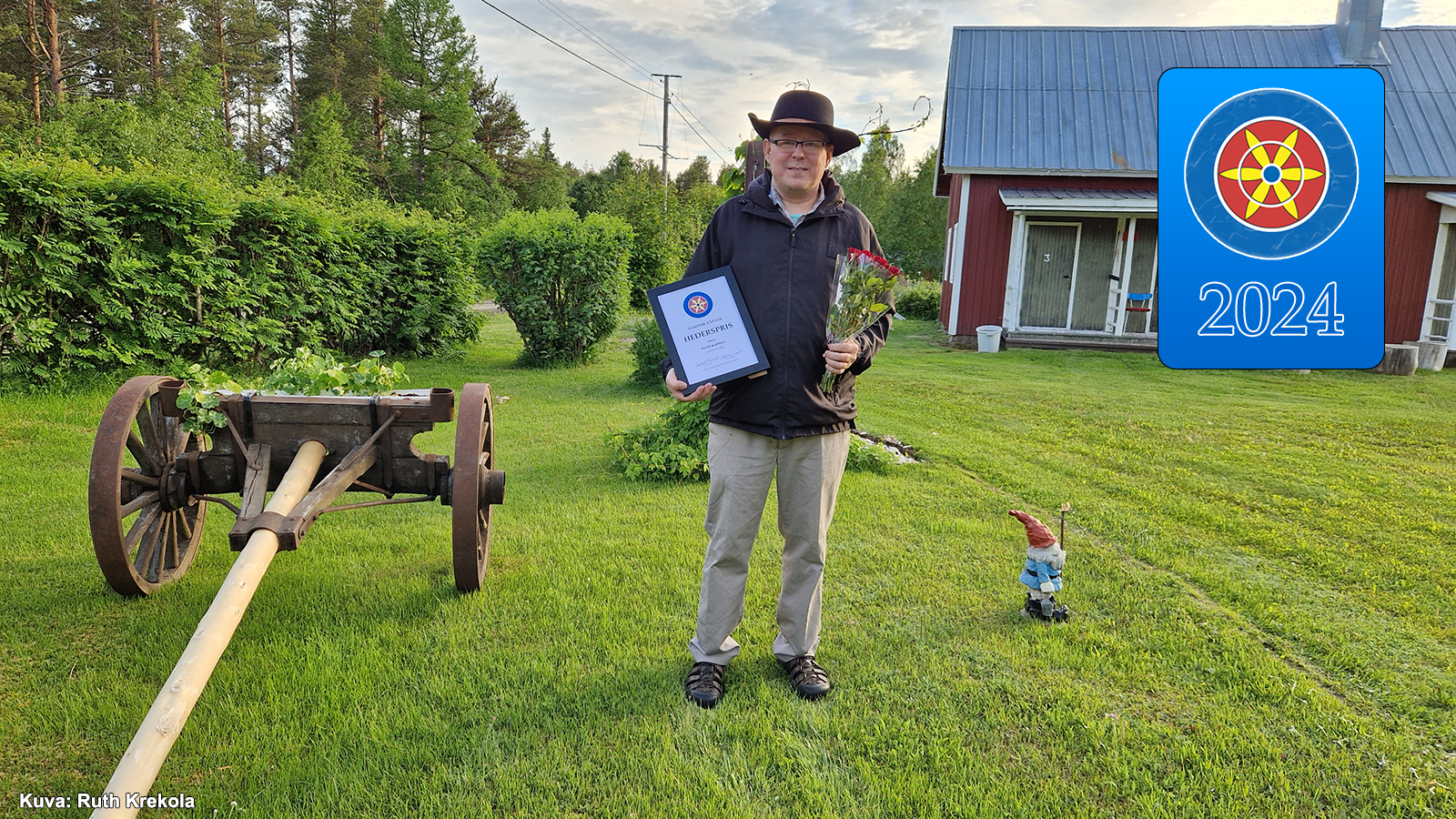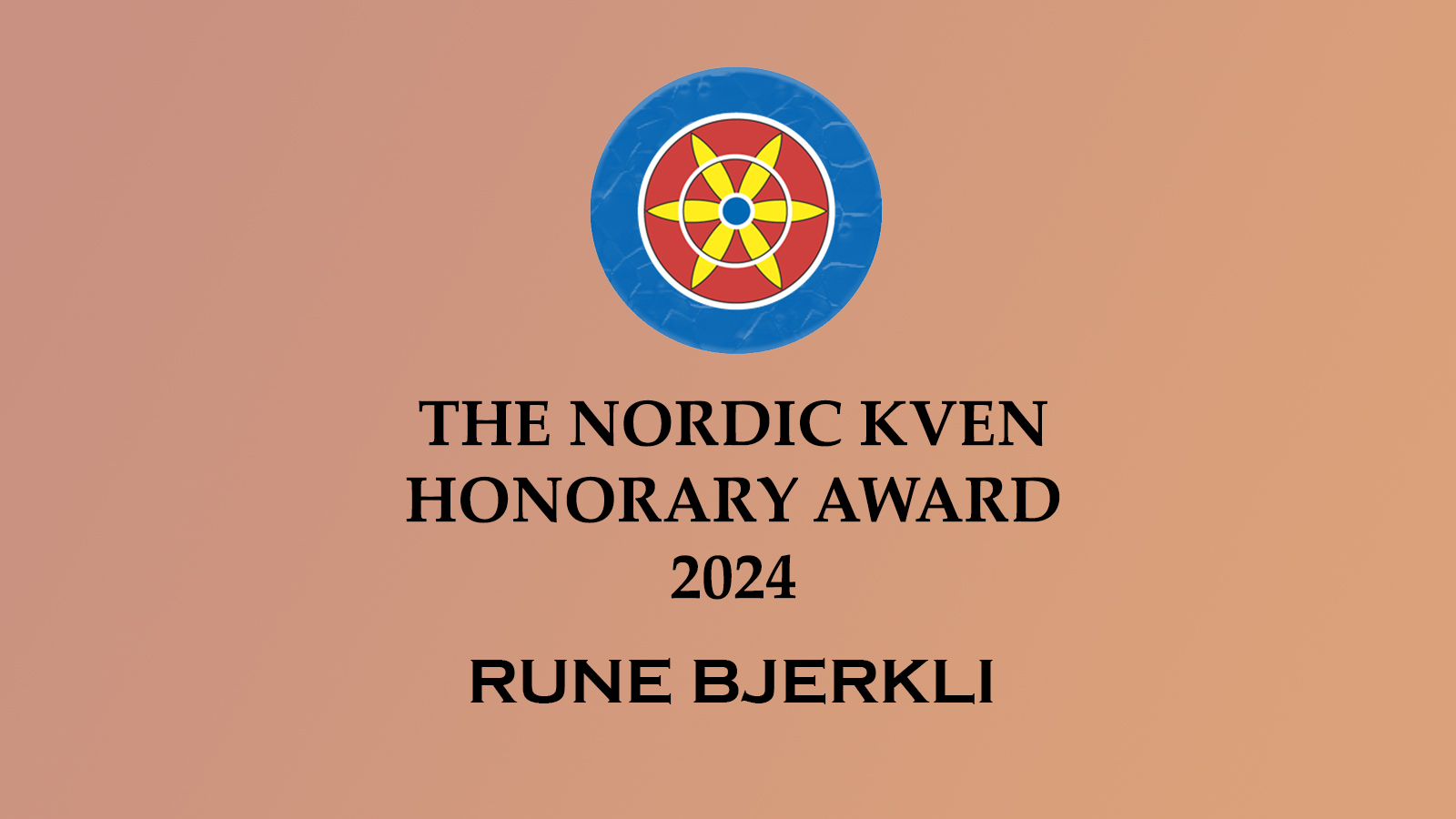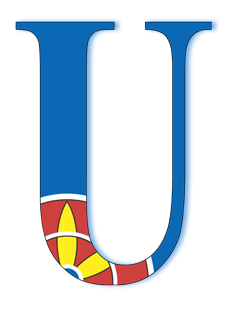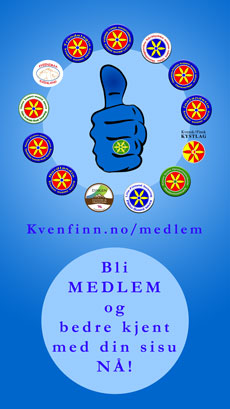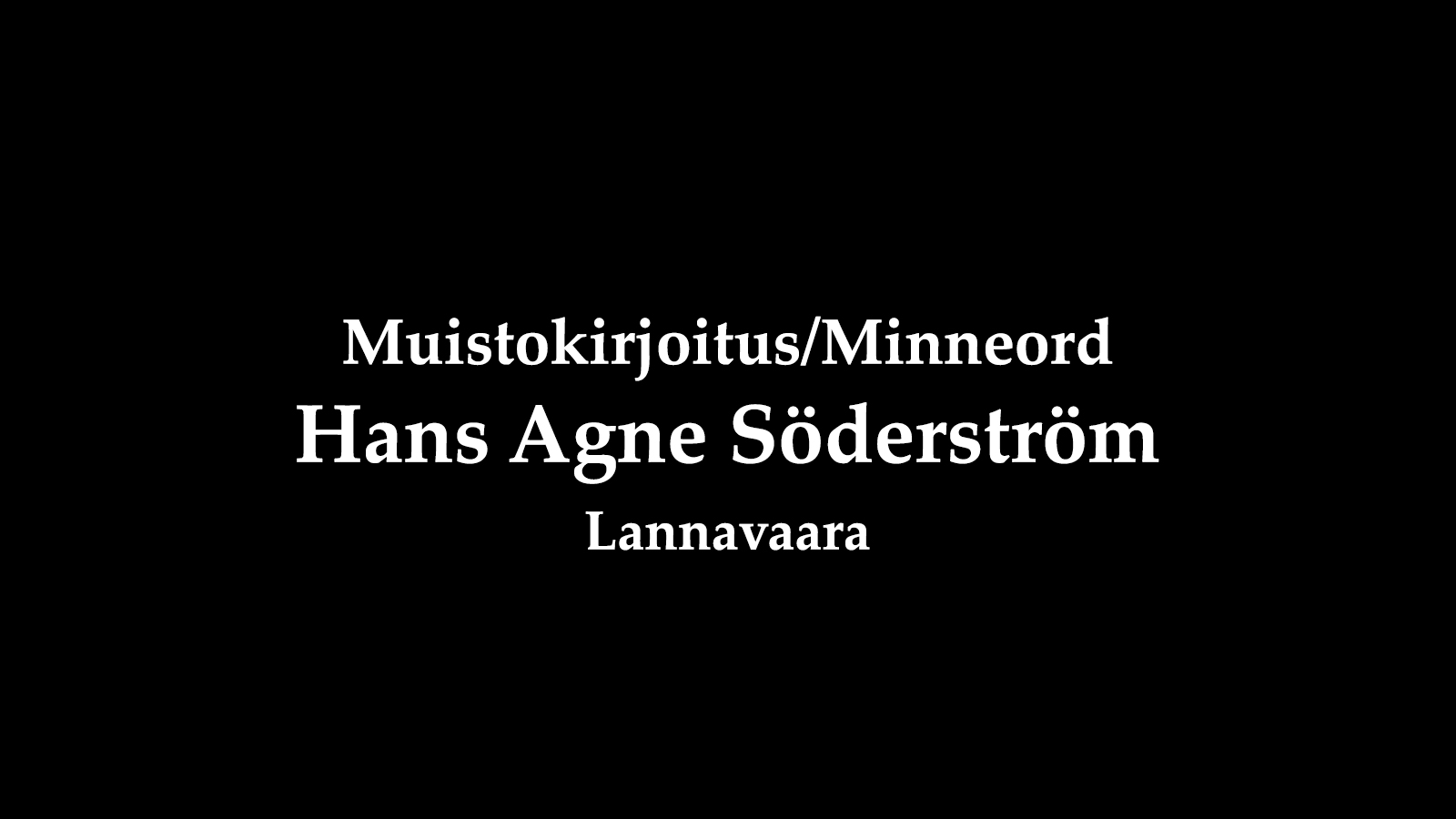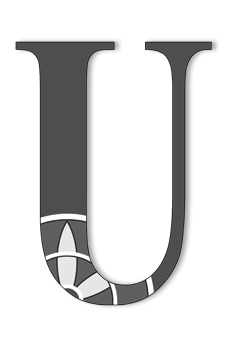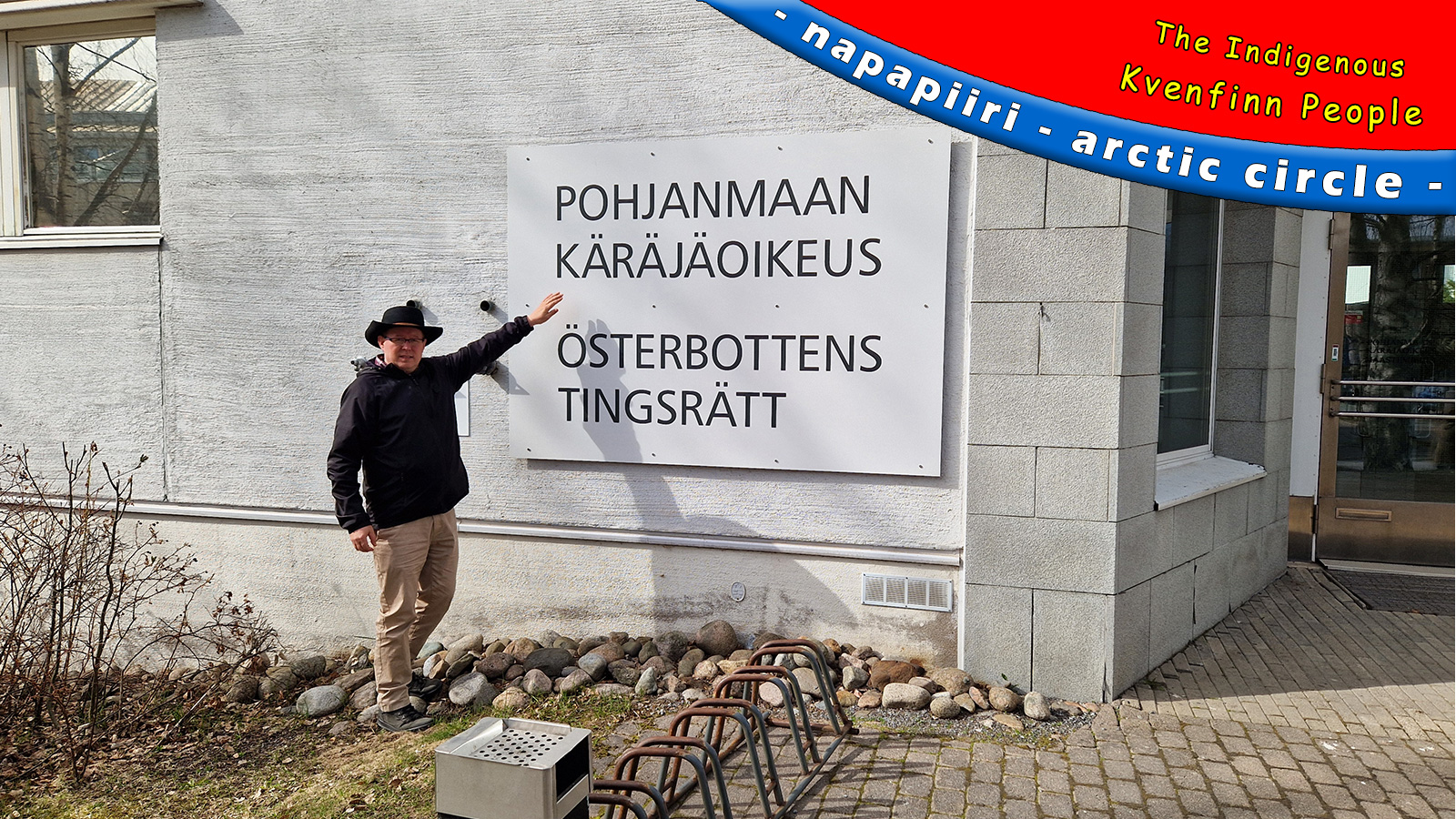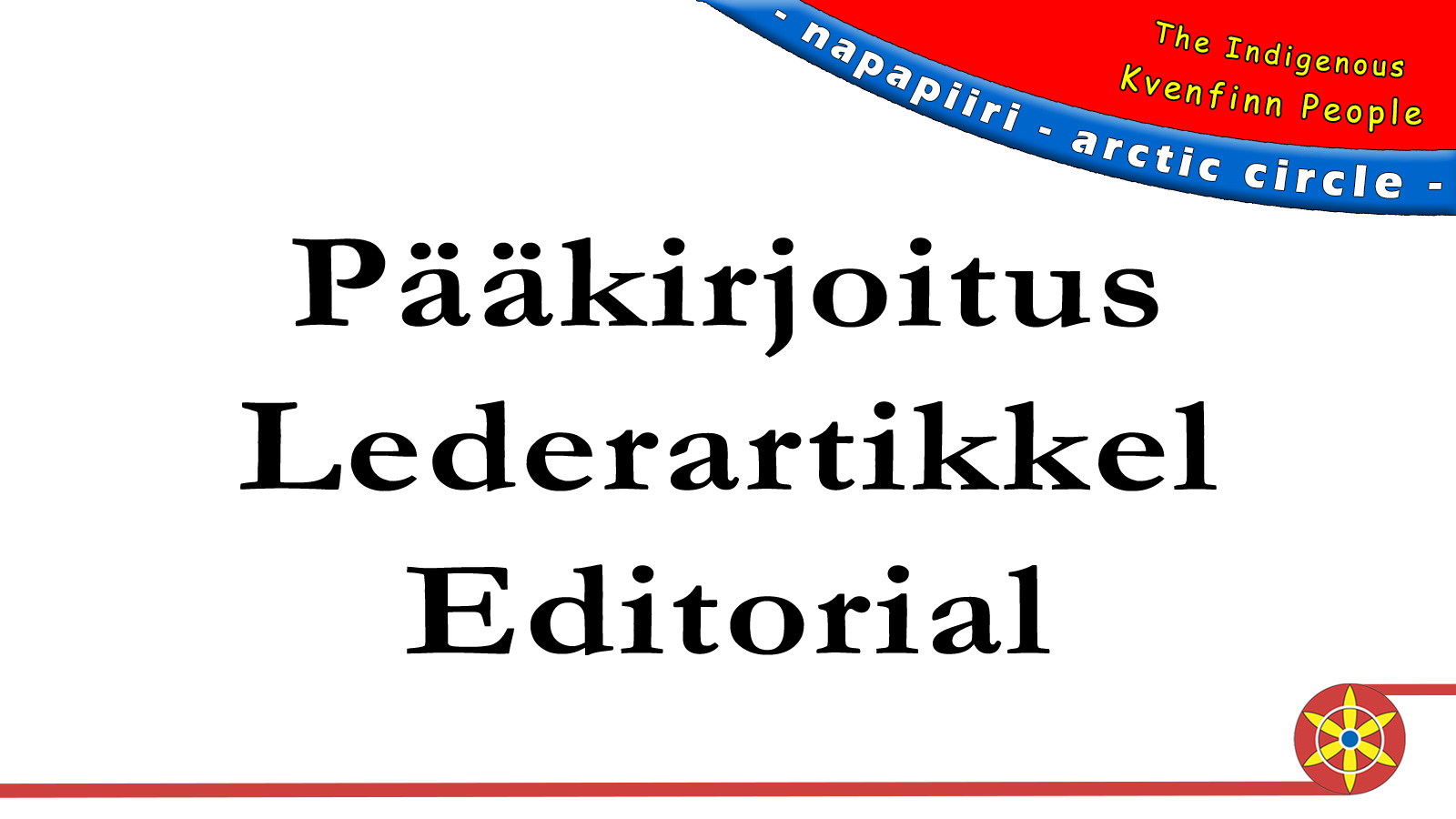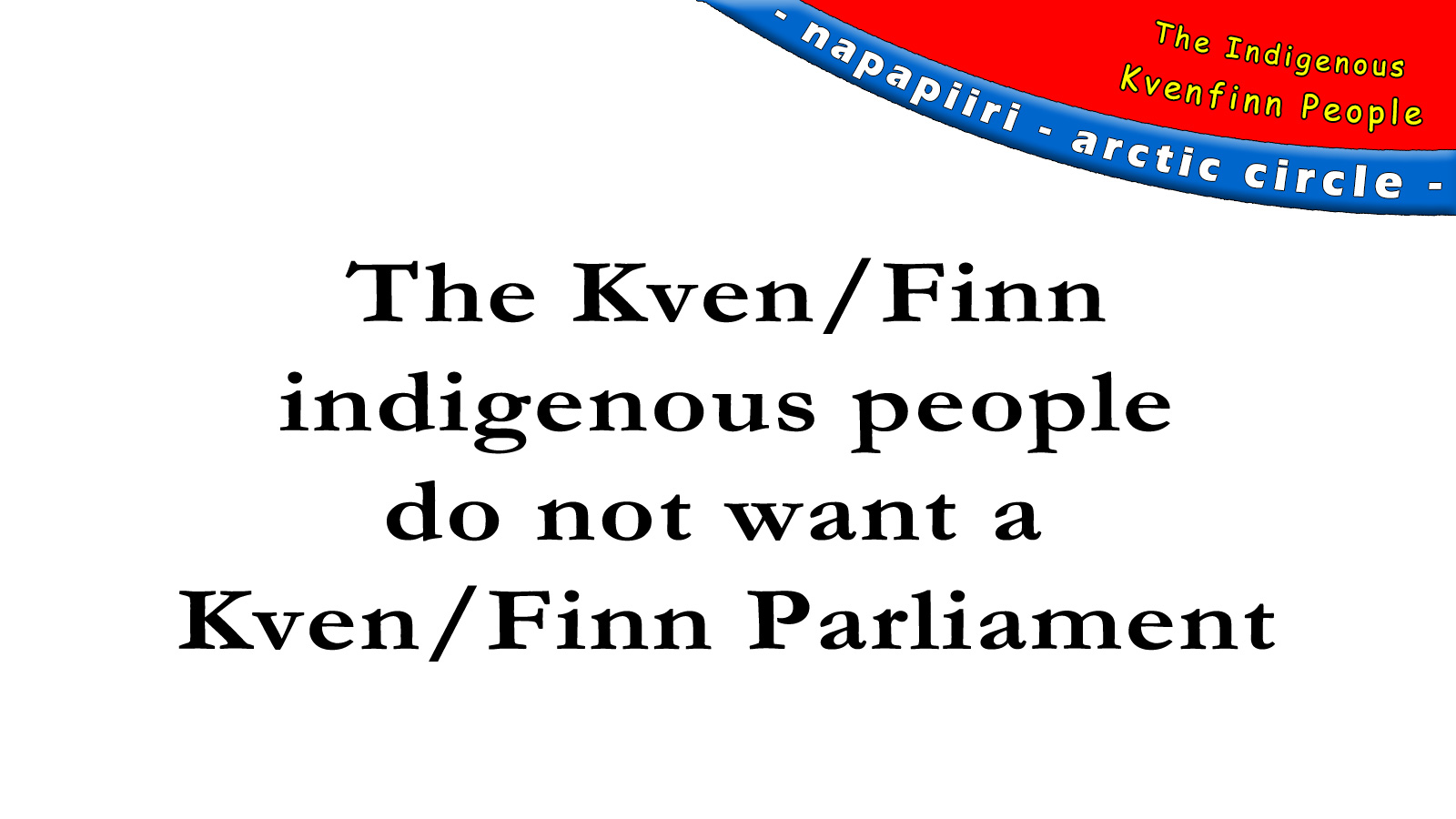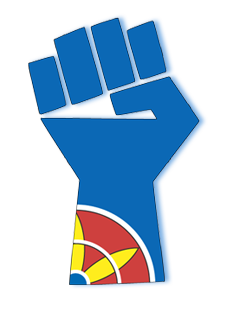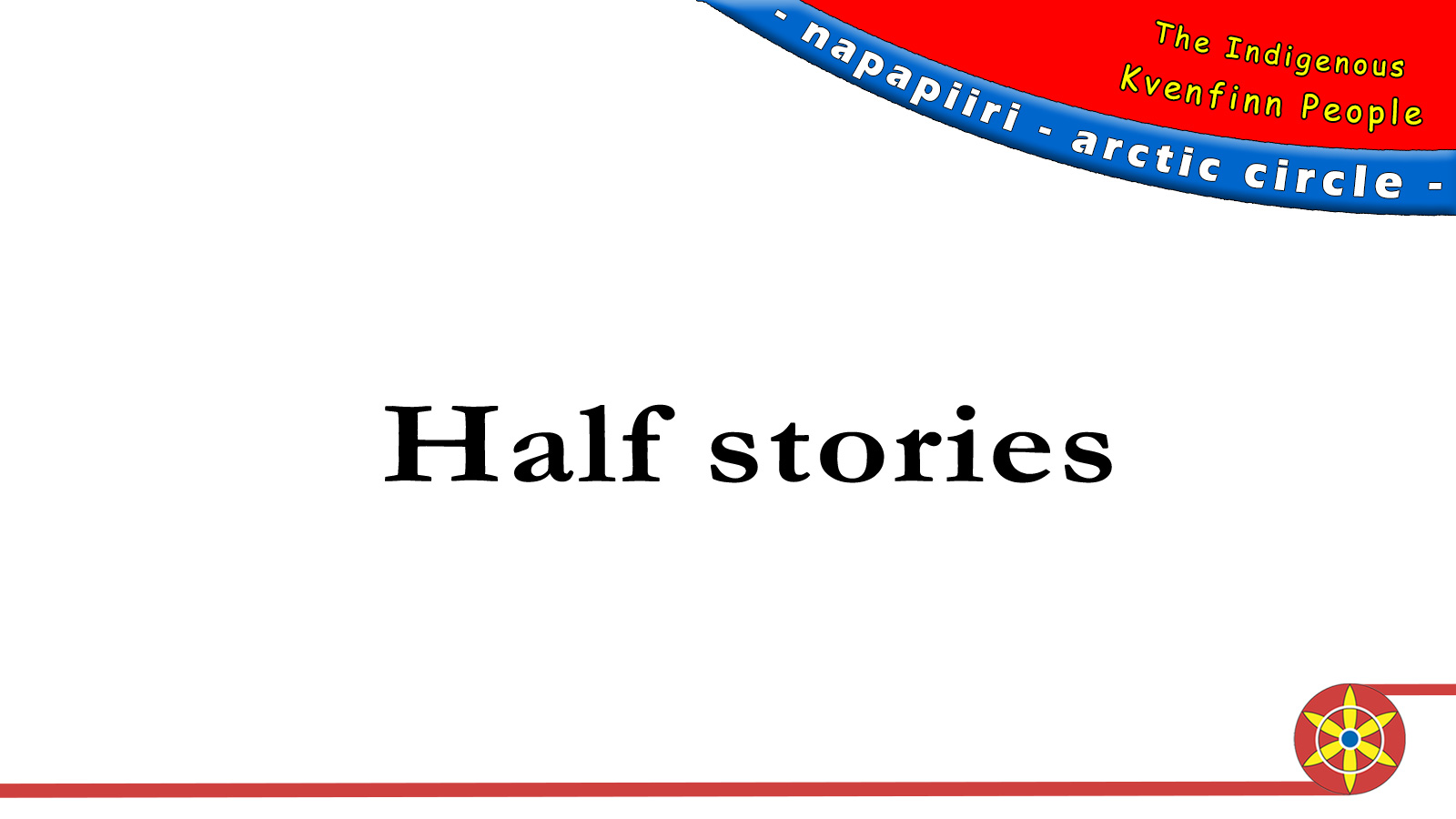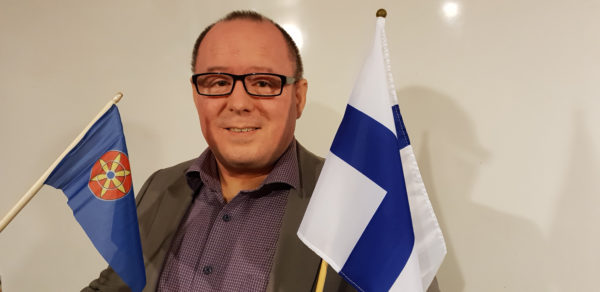An open letter from the youth in Kven Finn Student Network to CCC
Kven Finn Student Network demands recognition for the Finnish speakers
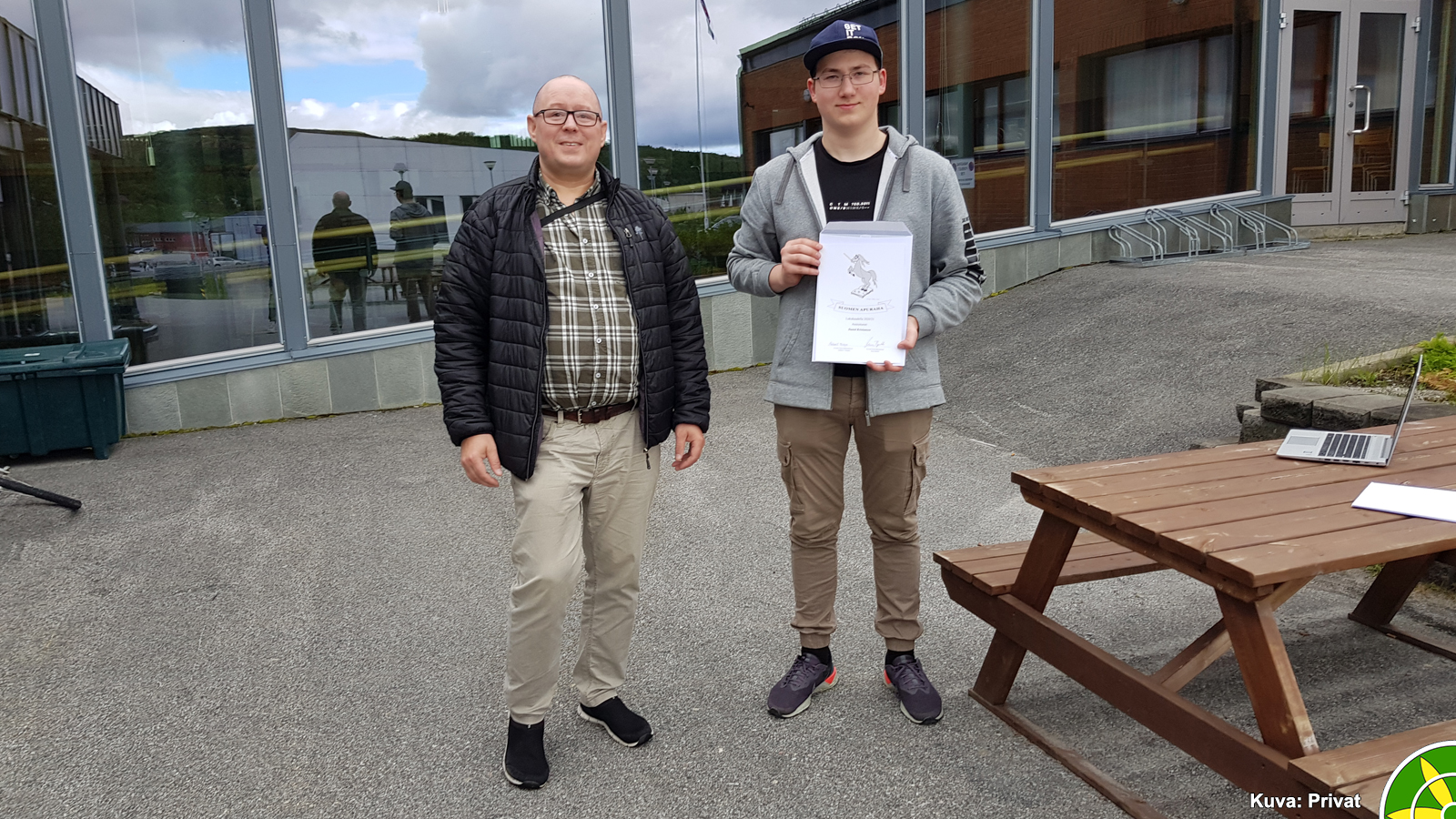
Former recipient of our Finnish scholarship, Daniel Kristiansen (main picture) will participate on behalf of the Kven Finn Student Network at the Storting’s events in Lavvu outside the Storting on 12 November at 8.30 – 09.30 and 15.30 – 16.30 in connection with the Storting’s apology for the Norwegianisation.
Although the work has led to an official apology, at the same time structures are being continued which make it difficult to preserve the Finnish language for the Kvens/Norwegian Finns. Norway does not recognize Finnish as an ethnic language for Kvens/Norwegian Finns and comprehensive measures are not taken to revitalize the language among those who wish to learn or maintain it. The desire to rebuild the cultural heritage in one’s own language is being ignored.
Several hundred children and adolescence choose Finnish language lessons in Finnmark and Troms. The number of students taking Finnish at school is decreasing every year – It is a loss of language.
The Control and Constitution Committee (CCC) itself says in Proposal 30 S (2024–2025): “Continuous loss of language and culture over a long period of time could lead to their ceasing to exist within the country’s borders, and across national borders. Such a development is particularly serious as Norway has a special responsibility under international law towards indigenous peoples and national minorities.”
But the committee has not mentioned us in the proposal.
They have tried to write Finnish out of Norwegian diversity, so that we:
- do not exist.
- do not have rights.
- do not need an apology.
- do not deserve reconciliation.
- do not need positive measures.
This is unethical, insensitive, and disrespectful.
We think it is important that Kven/Norwegian Finns themselves can decide on which language they prefer. It is not from the highest level that one should make decisions for the individual or groups of Kvens/Norwegian Finns.
The young people in Kven Finn Student Network themselves choose to focus on and argue for the Finnish language because it is right for us.
Nevertheless, we include all forms of the language in our work: Finnish, Kven and Meänkieli. This applies, for example, to our international Finnish writing competition and scholarship schemes for students in primary and secondary school. Kven Finn Student Network includes everyone.
We work to preserve our cultural heritage in Finnish.
We will continue our commitment to a sustainable future with our Finnish-speaking friends and relatives in Finland and Sweden.
An apology from the Storting should include the Finnish-speaking Kvens/Norwegian Finns who experience language loss. We will continue to work with or without the Storting’s support to make up for the language loss that the Norwegian authorities do not want to take responsibility for.
Tromsø, 11 November 2024
Kven Finn Student Network
The board consists of Tobias Eriksen (chairman), Aurora Lovise Pettersen, and Daniel Kristiansen.
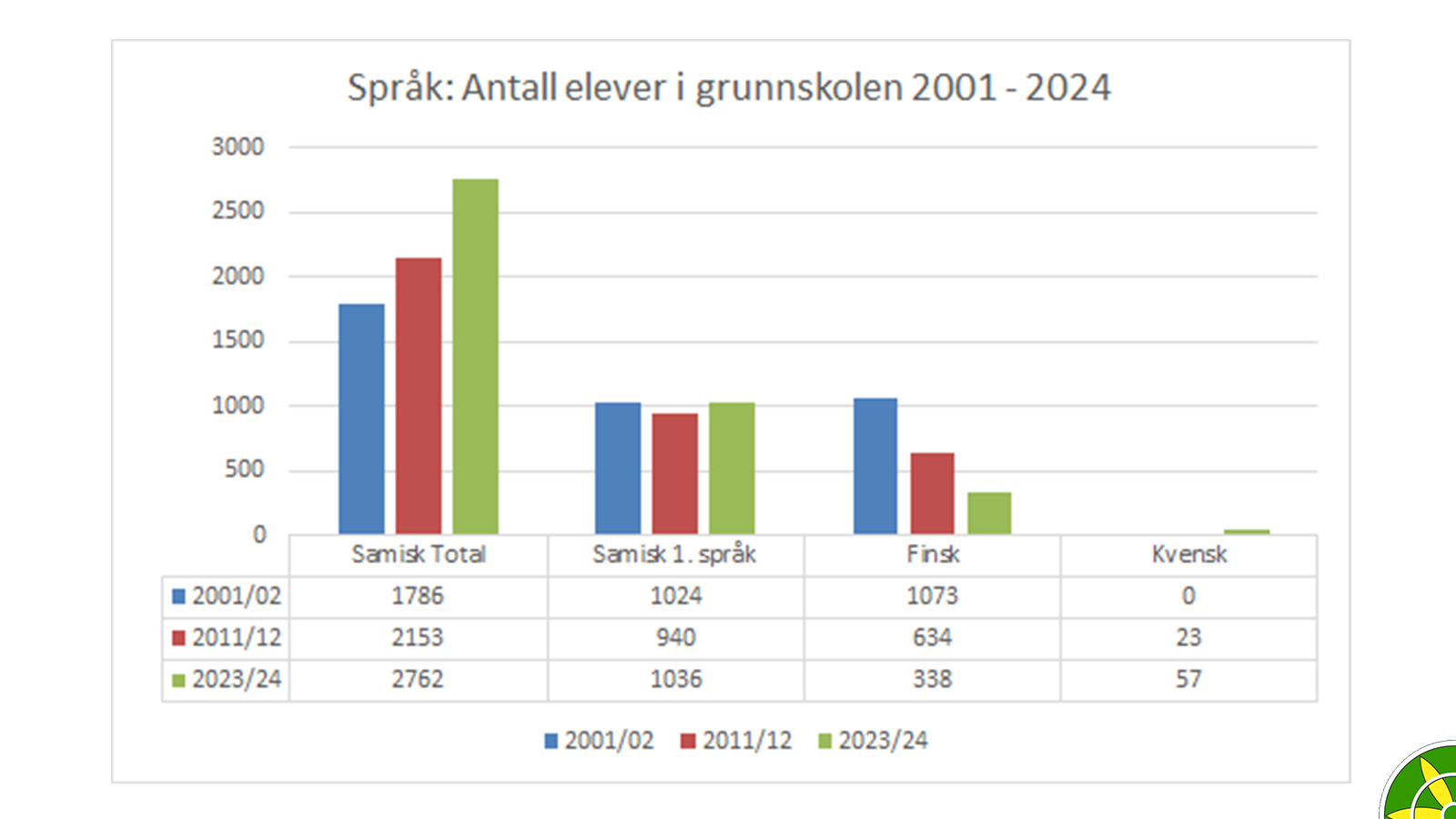
(Language: Number of pupils in primary school 2001-2024)
Source: The primary school information system (https://gsi.udir.no/)
